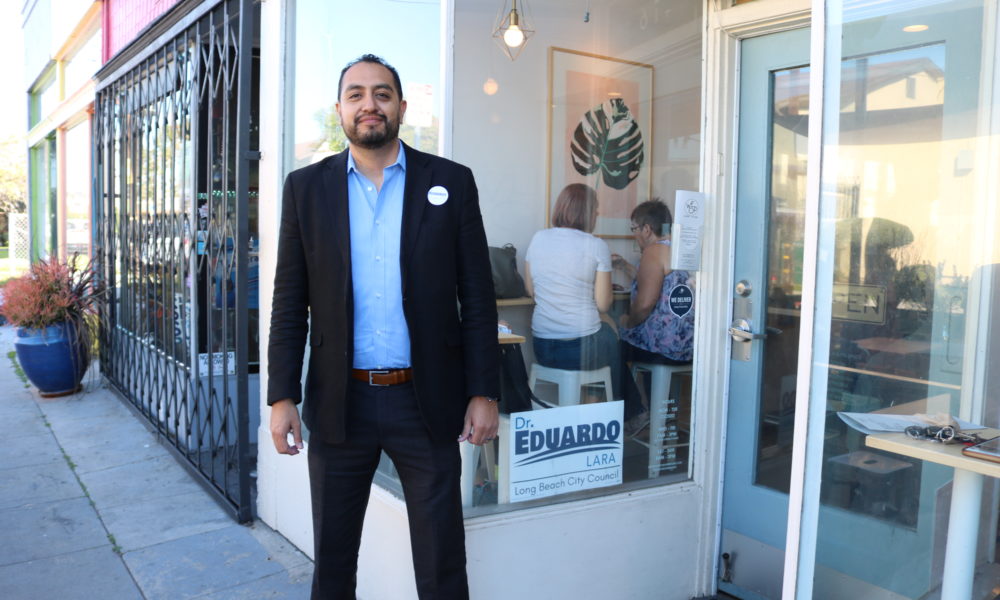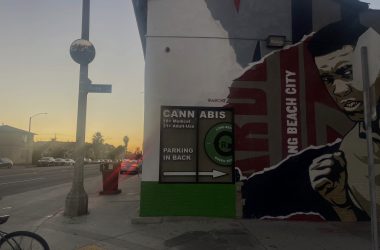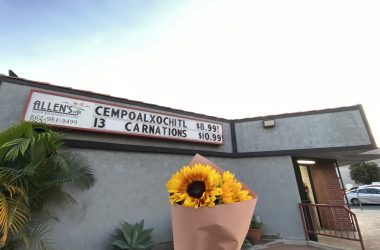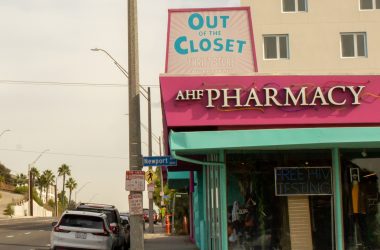Eduardo Lara, a sociology professor at Long Beach State, is running for the District 2 seat on the Long Beach City Council.
Lara received his bachelor’s degree in political science and criminal justice,his master’s degree in bilingual studies from George Washington University and his Ph.D in education from the University of California, Los Angeles.
Lara moved to Long Beach 15 years ago and has been teaching at CSULB for 10 years.
He said that though he is passionate about city issues, he will never leave his teaching job.
“I’m passionate about my career,” Lara said. “I enjoy working with students, and I will continue working at [CSULB]. [Working for city council] is a part-time position.”
Q: What is something you’re passionate about that pertains to running for city council?
I think about the homeless. I think about affordable housing. For me, that is two sides of the same coin. I say that because there’s an assumption that people who are homeless have a lot of mental health concerns or issues. What is happening, not just in the city of Long Beach, but throughout the country is that things are getting more expensive in particular housing and specifically rent.
Think about it, if you don’t have a home over your head, you’re stressing out—where you’re going to eat, where are you going to go—and that causes unnecessary stress. You are going to be more susceptible to depression, anxiety and all these [mental health concerns], so I think the paradigm is upside down right? Indeed, people who have experienced mental health concerns may slip into homelessness and that does happen, so I’m not disagreeing with that. I think what we’re seeing now is a lot of people who’ve been squeezed out and are susceptible to mental health concerns.
Q: Has being a teacher helped you with your campaign?
Absolutely. I cannot begin to tell you how translatable the teaching profession is to running for office. Fielding questions, not a problem. Speaking to audiences, not a problem. There are two important skill sets in teaching that apply to running for office.
Number one, listening. When I teach, obviously, I’m providing some direct instruction, but the most important skill set is to also listen to your students. If students are not understanding material, have you really taught? You have to think, ‘OK, how else can I address this or cover this?’ That requires listening to students, and now running for office, listening to your constituents. Listening to the struggles of everyday residents and being able to respond to that.
The second skill set is [being able to inspire]. I don’t go into the classroom just sharing information. You have to present it in a way that’s engaging. You also want to make connections between what students are learning and what that material is good for down the line in their professional careers. That inspiration also has translated tremendously well in the campaigning because we have to remember that at the end of the day, you are not only sharing issues, but you have to provide a sense of hope to the residents that things will change.
Q: What is the message you try to get across when campaigning?
I call it the “Beach” plan. It stands for beautification in our neighborhoods, so creating more infrastructure. It’s to have more access to public water fountains, so that’s an example … I believe water should be completely public. It’s the basis for life. The water bottle industry just came about fairly recently in the `90s. We have normalized this idea of commodifying water and buying bottled water. That’s not good for our climate and not good necessarily for people. We have a very active community…The more public water fountains we have with refillable stations that are going to save plastic.
I recognize that the city has had a lot of economic prosperity over the years, but to what degree have the everyday workers benefited from that economic prosperity when they continue to be pushed out of, not only their homes, but the communities?
There are a lot of vulnerable communities throughout Long Beach: people of color, working class people, the LGBTQ community, girls and women, the youth and elders. I want to make sure that [the] diverse array of our vulnerable communities are also well represented when making decisions in terms of funds and resources.
We want to make sure that although climate change is a global issue, we need to start in our own backyards. We need to make sure that we have a zero waste policy in the city of Long Beach and do a better job protecting not only our planet, but our own neighborhoods with respect to climate change.
[And] creating transitional housing for those that are experiencing homelessness to get them back on their feet. Ensuring that we work in a county to provide better mental health support and improve our budget with our own city department of health and wellness.
Q: Why are you running for city council?
I have witnessed the economic development in our city, especially in the downtown-area, unfortunately not translating into opportunities for the workers throughout the city. I want to make sure that we put forth policies that allow some of our residents who have lived here—in some cases, for generations—to continue to afford to live in the city that they call home. I also like to say that the city has a small town charm, but yet it’s still very dense and has a lot of people from all walks of life living here. I want to be able to ensure that our residents are not pushed out, and unfortunately that has been happening for sometime.




